There are quite a few similarities between canning salt and kosher salt. They both deliver a salty taste to your food but are certainly a cleaner salt taste than the flavor you get with table salt.
However, that doesn't mean that the two are interchangeable in any way. Several key aspects define the two that need to be considered before you think those canning salt crystals are suitable for kosher salt crystals.
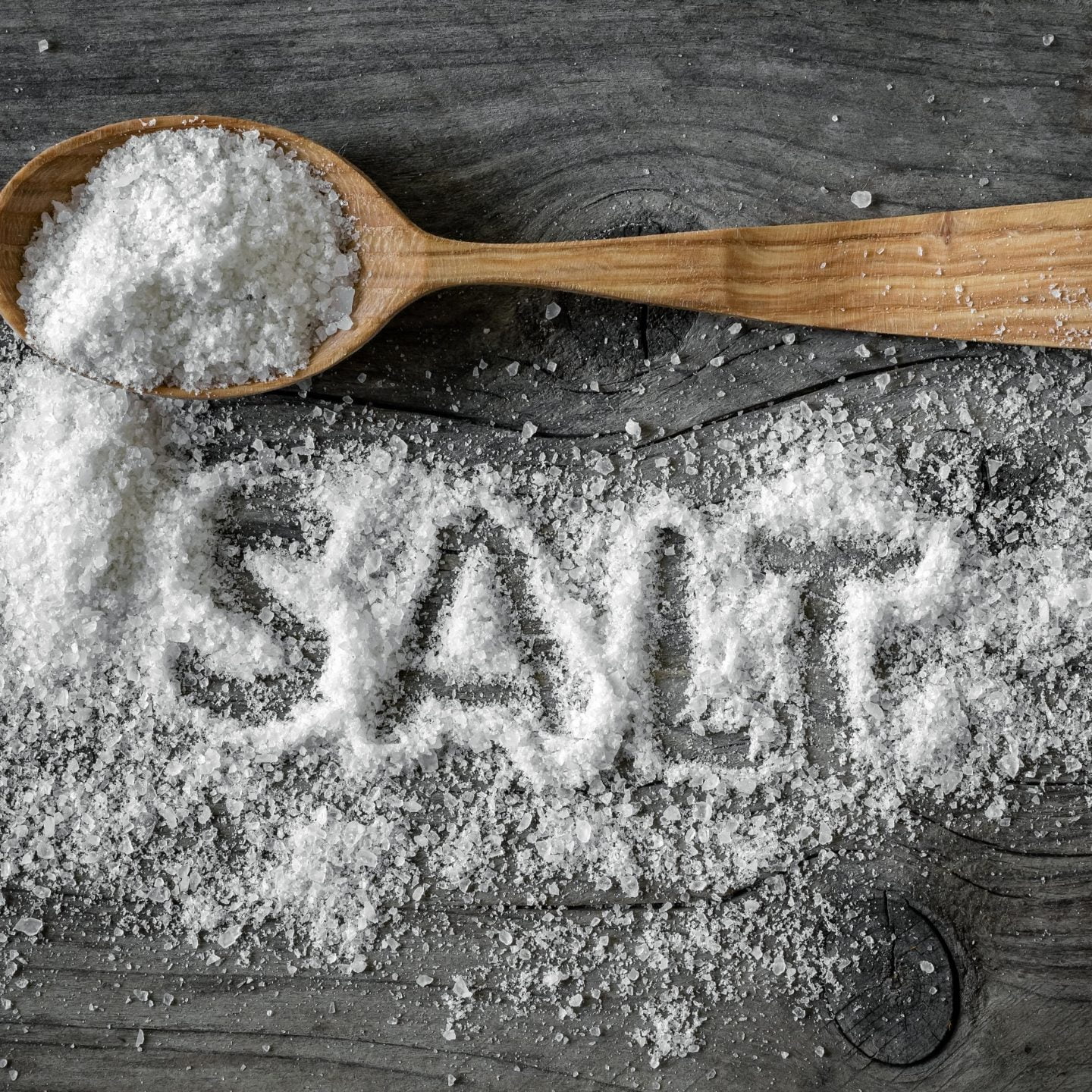
Contents
Appearance
One of the easiest ways to know that you're dealing with kosher salt instead of canning salt is that the two salts look entirely different. Canning salt granules are small and well-formed. The grains are more or less in a regular shape.
This makes it much easier to control how much you're using and gives it a similar look and feel to regular table salt. On the other hand, Kosher salt features unevenly shaped flakes that are generally a lot bigger. In addition, the crystals typically have a more granular consistency, making them more like rock salt grains than fine table salt.
The crystals typically have a more granular consistency, making them more like rock salt grains than fine table salt.
Purpose
These salts have specific purposes and places within the culinary world and cannot be used in place of each other. For example, canning salt - also sometimes known as pickling salt - is perfect for keeping pickles in crystal clear brine.
This is because canning salt is pure sodium chloride, while standard table salt contains an additive that might color the holes or even muddy the pickle brine. This doesn't happen with canning salt. Thanks to its fine granules instead, it actually speeds up the process of pickling.
Alternatively, kosher salt was initially used to draw blood from butchered meat for the Jewish ceremonial process known as "koshering." This cultural element is one of the reasons that these salts cannot be interchanged.
Ease Of Use
This goes back to their appearance, but you'll probably find that it is easier to use canning salt rather than kosher salt. And this is because of the size of the granules again. But, again, because of the fine texture of canning salt, you will be able to measure it pretty easily.
But because kosher salt features larger irregularly shaped flakes, it is much more difficult to precisely measure, as the crystals won't fit in a measuring spoon the same way as other salts do.
What's The Science
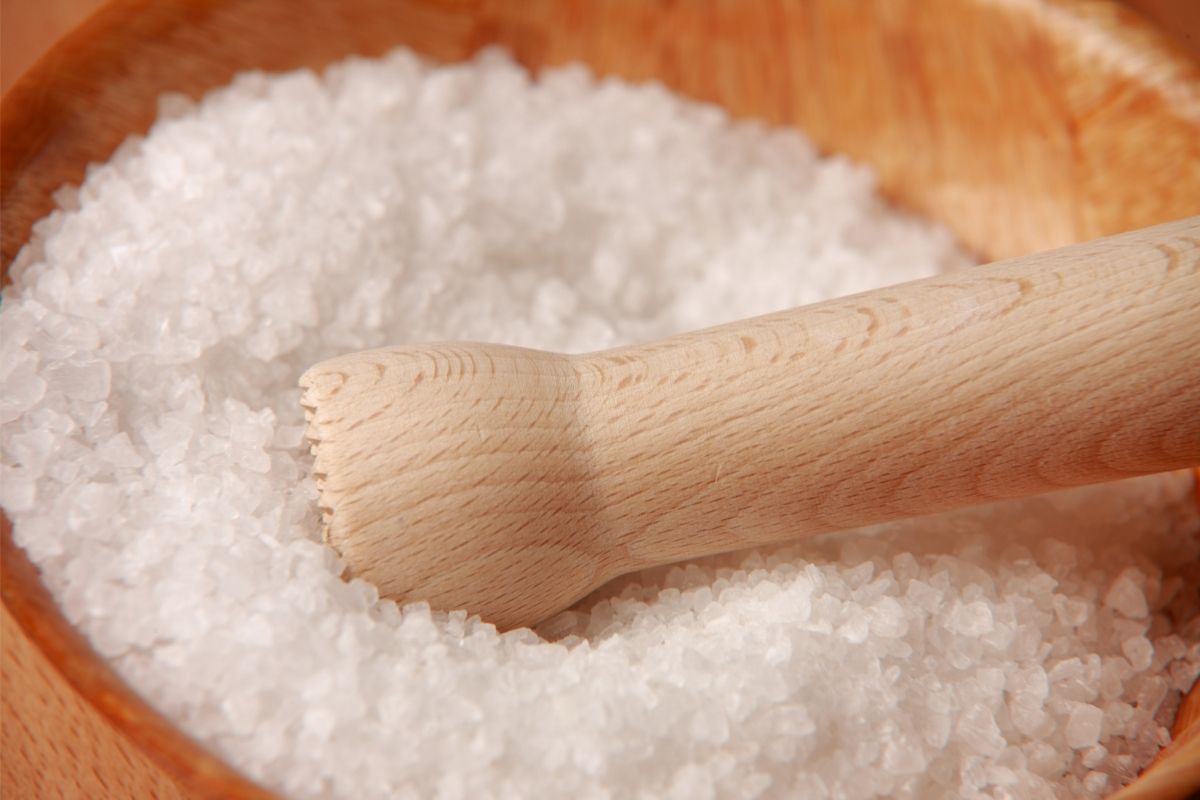
As previously mentioned, canning salt is the purest kind of salt. Canning salt is finely ground and contains no added chemicals; therefore, it doesn't include iodine or any anti-caking chemicals that you usually find in ordinary table salt.
This makes it perfect for preserving vegetables and giving food a salty taste while also being super clean.
You see, in other salts, like table salt, there are usually additives such as anti-caking elements.
This helps salt stay free-flowing and not clump together, meaning that it can quickly pour from a salt shaker instead of clogging up the holes. However, these additives don't dissolve in water like the rest of the salt and make pickle brine cloudy.
In this regard, sometimes Kosher salt can be used instead of canning salt, so long as you ensure that the kosher salt you're using doesn't contain any anti-caking additives. Different brands use different ingredients, so it's important to ensure that the kosher salt you want to use doesn't contain any additives.
But Can You Use Kosher Salt For Canning Salt
Truthfully, you don't want to use anything but canning salt for pickling food if you can help it. However, if you want or need to use something different, your best options are kosher salt or sea salt.
Of course, if you use kosher salt, it will be more challenging to measure accurately because of its coarse grains - a cup of fine-grain pickling salt will contain more salt by volume. If you want to ensure that you're using the right amount of kosher salt, you need to look up a conversion chart online - luckily, these are readily available.
Most importantly, you need to make sure that your kosher salt doesn't have any additives at all. Otherwise, it's not better than regular table salt.
Why Do So Many Recipes Want Kosher Salt
The most common use of salt is to add a distinct flavor to meals; however, it can also be used to prevent the growth of bacteria in foods, especially in dried meats. But what makes kosher salt so appealing that many recipes call for it specifically over other salts?
One of the primary reasons is that the large grains of salt allows it to be used in the Jewish practice of "koshering" meat, meaning that it draws blood out of meat and destroys any bacteria that might be lying within.
The lack of chemicals involved in creating kosher salt also means that it is more desirable for chefs who want to avoid using as much iodine in their cooking.
However, it is essential to note that kosher salt generally weighs less than ordinary salt per teaspoon, and therefore you will not be able to do a 1:1 replacement of this salt. Otherwise, your food may end up being far too salty if you use too much or too bland if you don't use enough.
Related Canning Recipes
If you're anything like me and have a garden full of fresh vegetables, you'll end up canning tomatoes, cucumbers and more jars than you can count.
Bottom Line
You will be able to use Kosher salt as a replacement for canning salt so long as you ensure that it doesn't include any anti-caking agents; however you will probably not be able to use canning salt as a replacement for kosher salt due to its fine texture - it would not be very good at drawing blood out of meat and therefore cannot be used for the Koshering process.
However, if a recipe calls for kosher salt simply because it is pure, then you should be fine, as canning salt is also a perfectly pure salt. Just be sure to keep in mind how much of each you're using instead of doing a 1:1 ratio replacement.

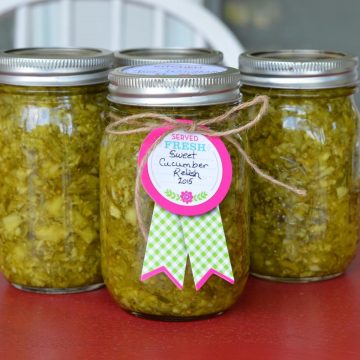
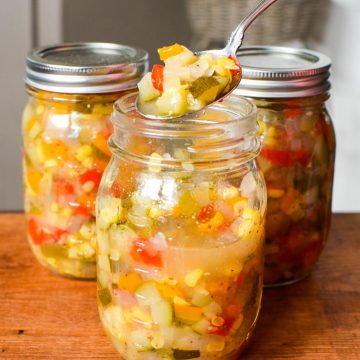
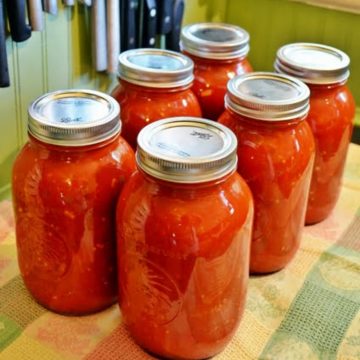
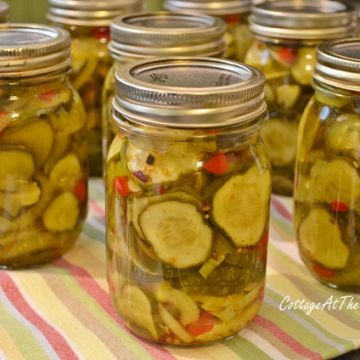
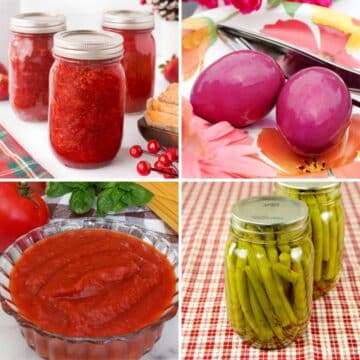
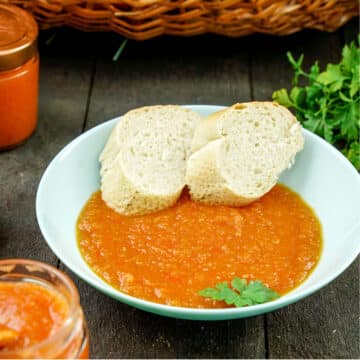
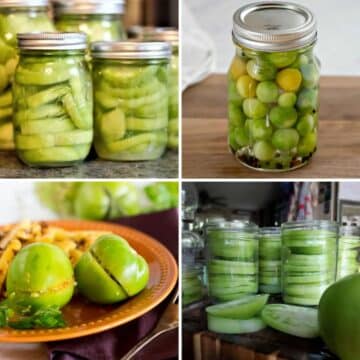
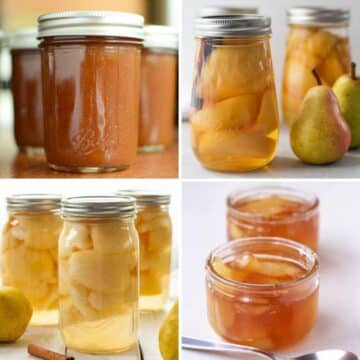
Comments
No Comments